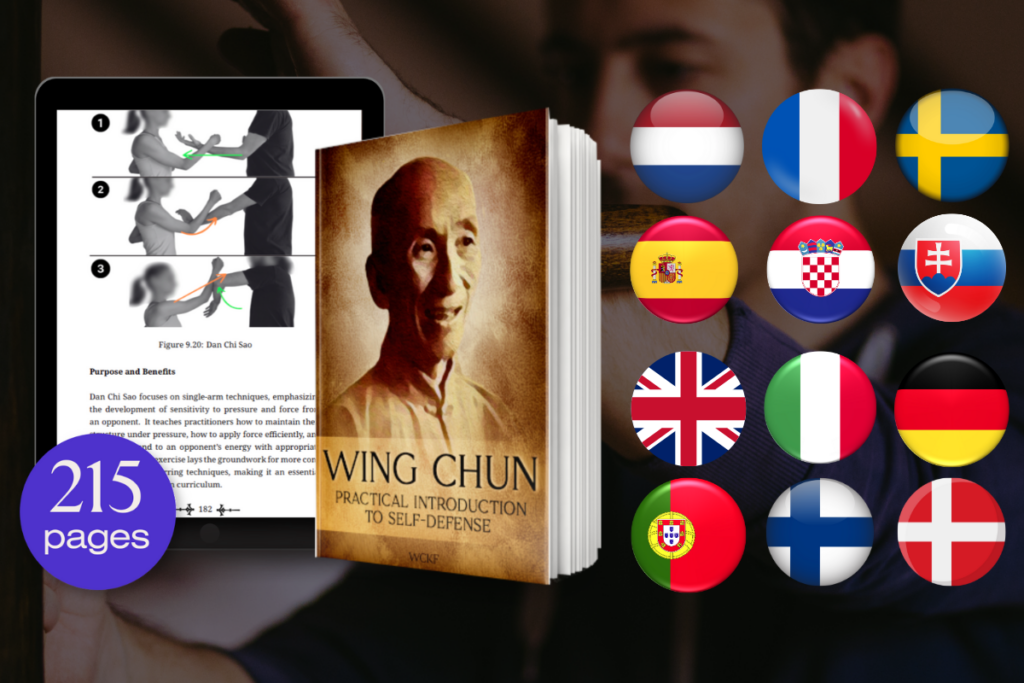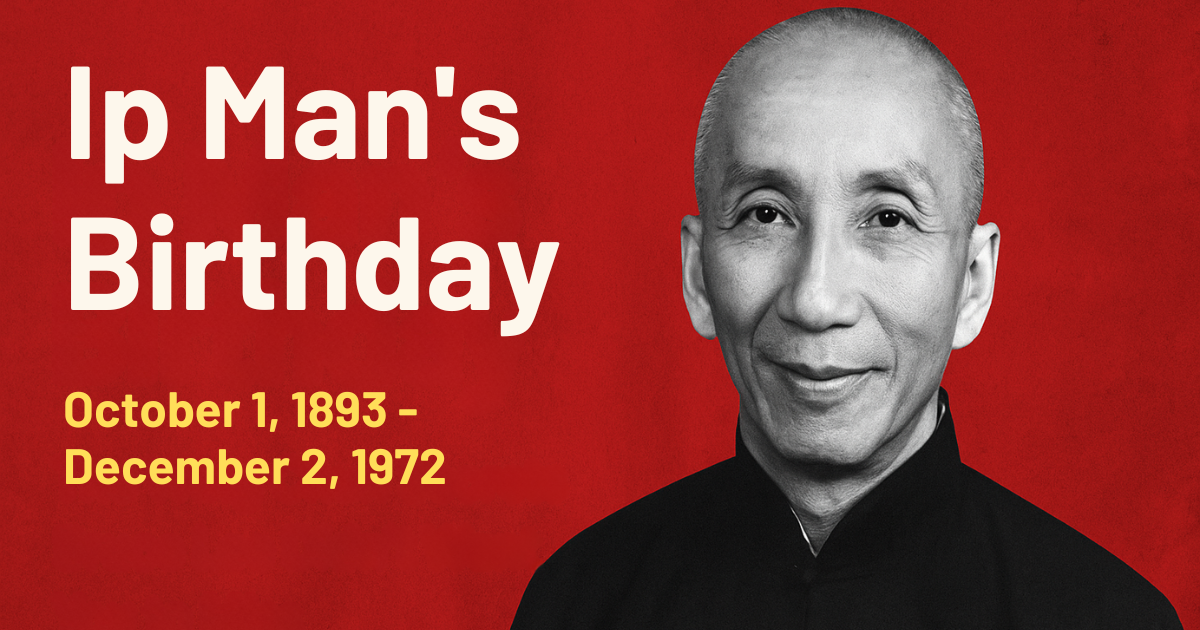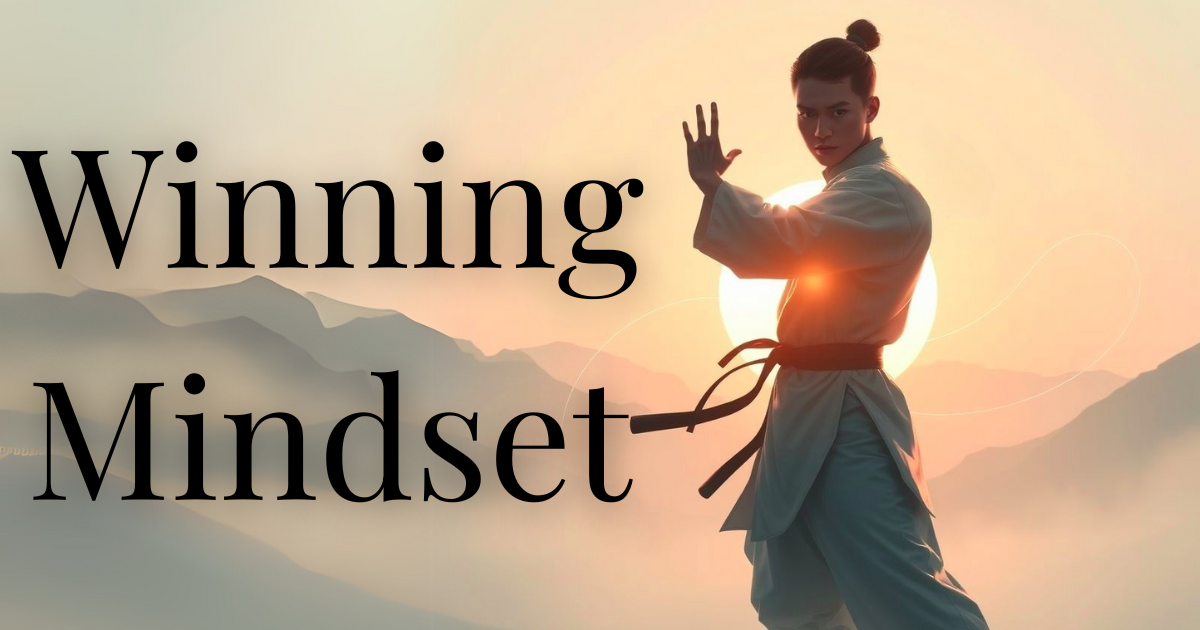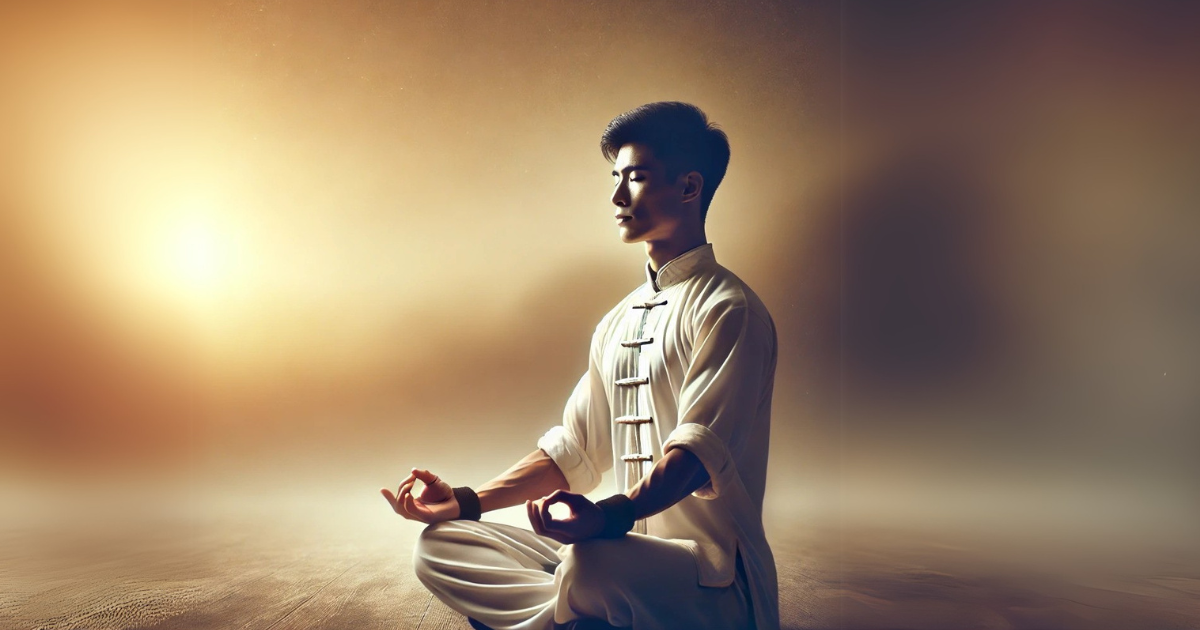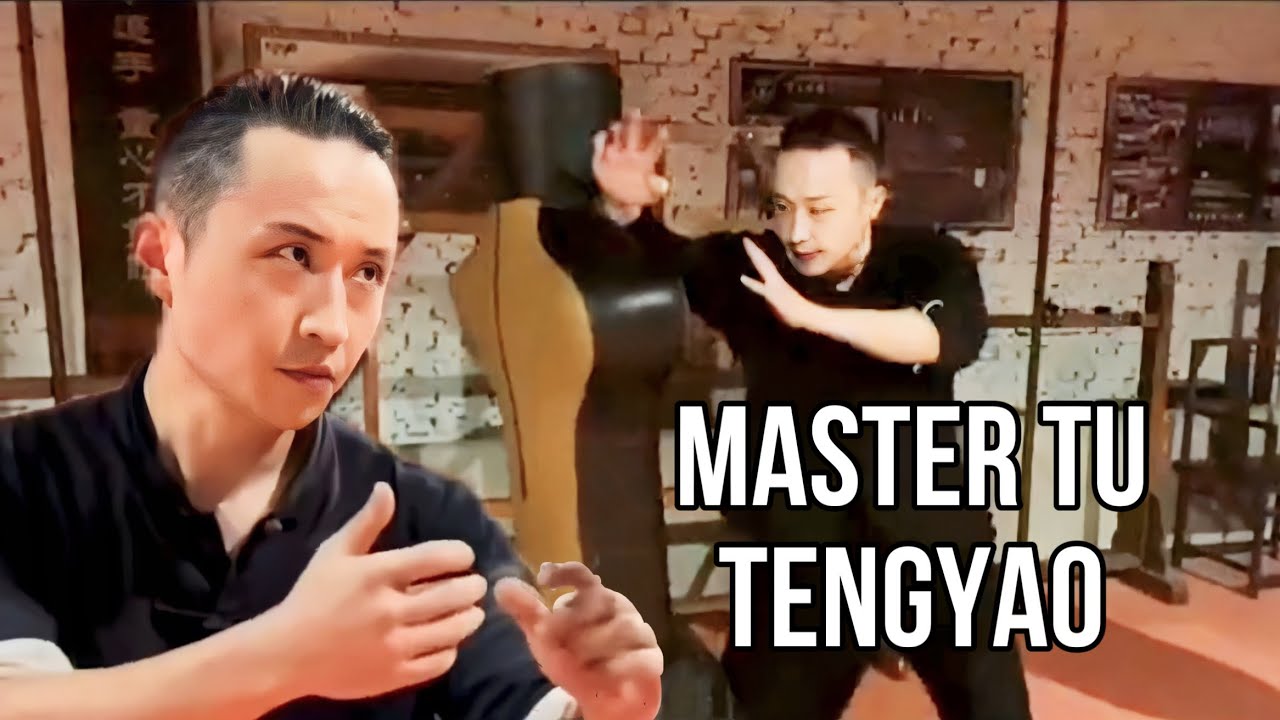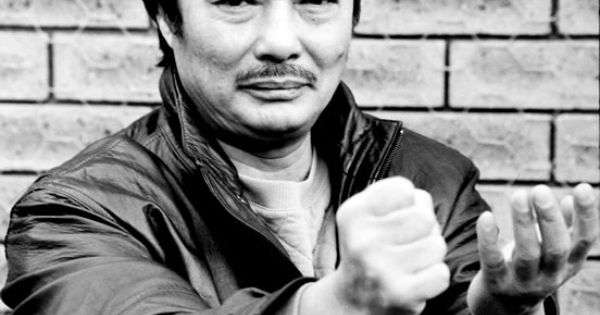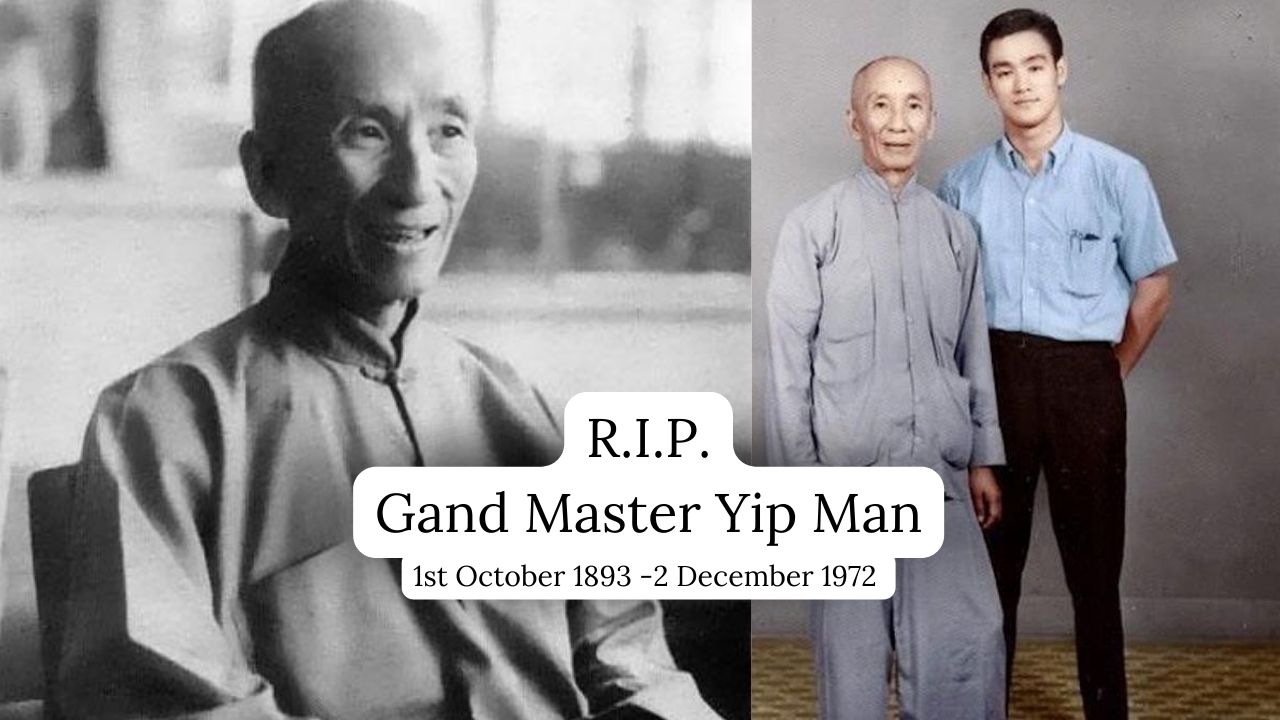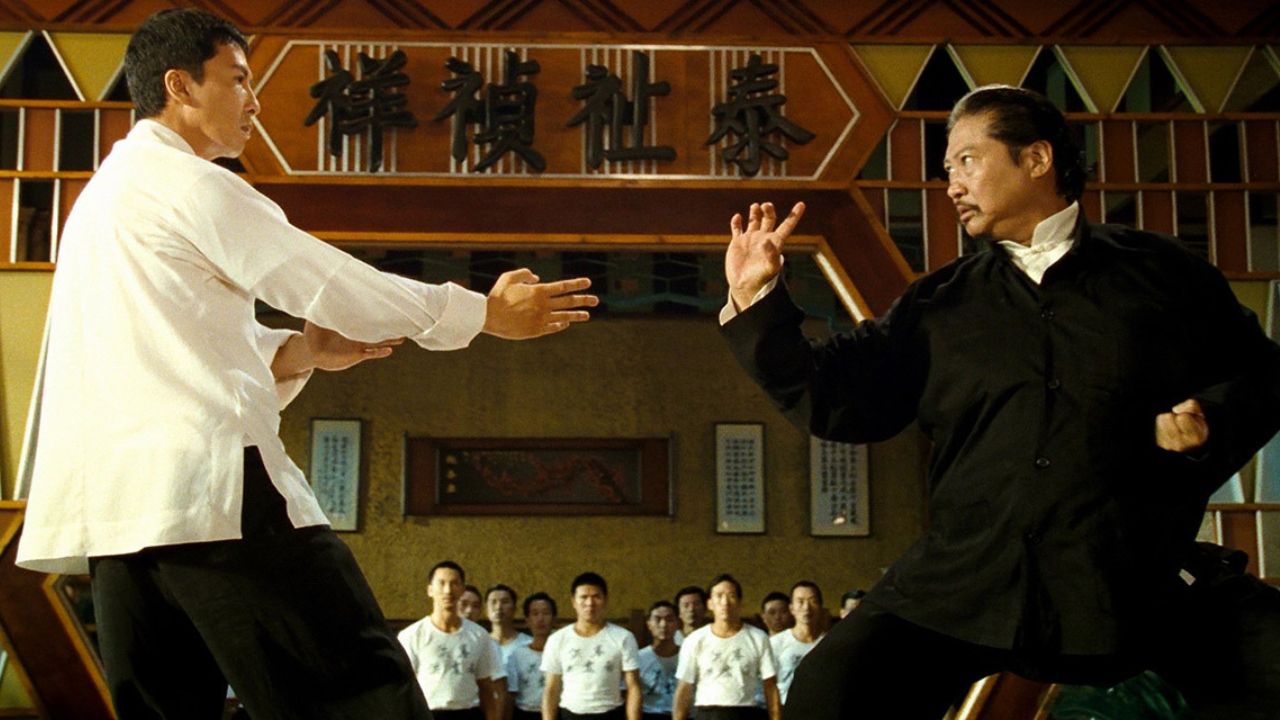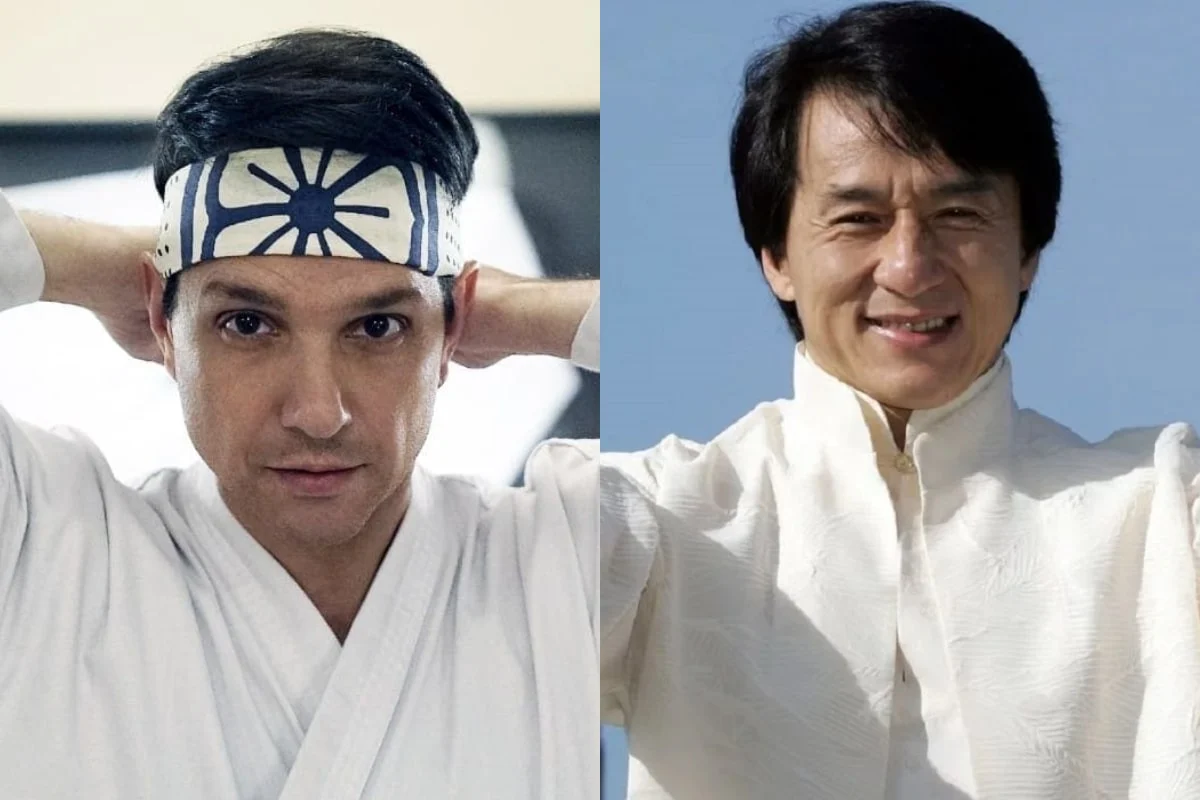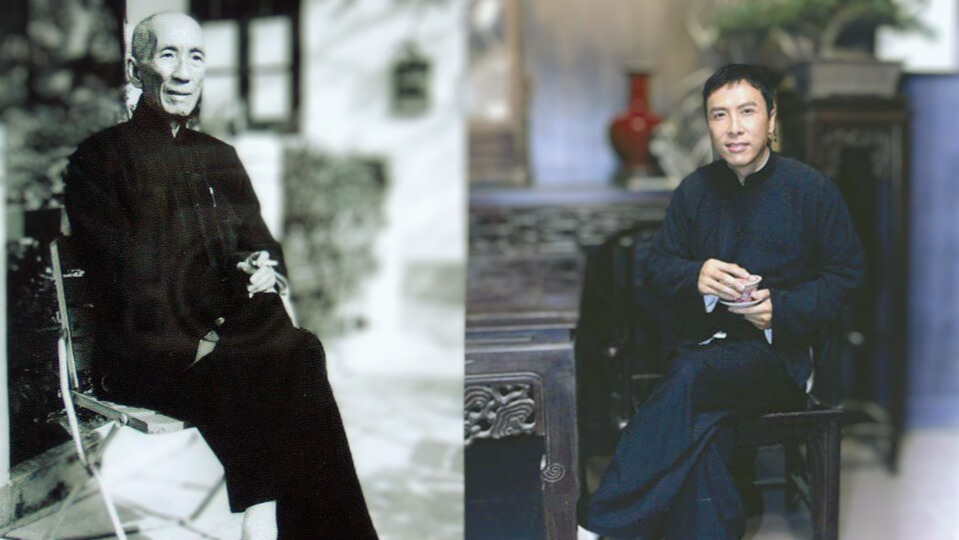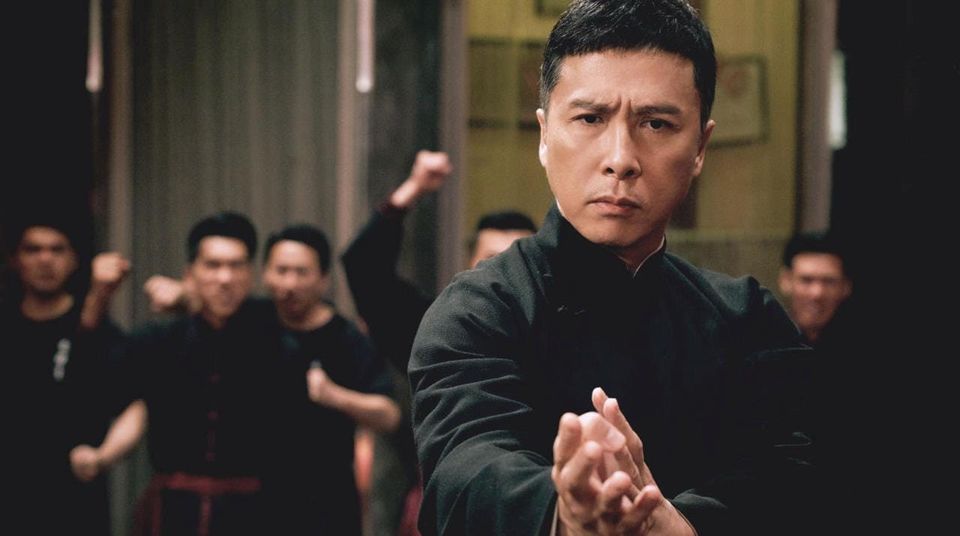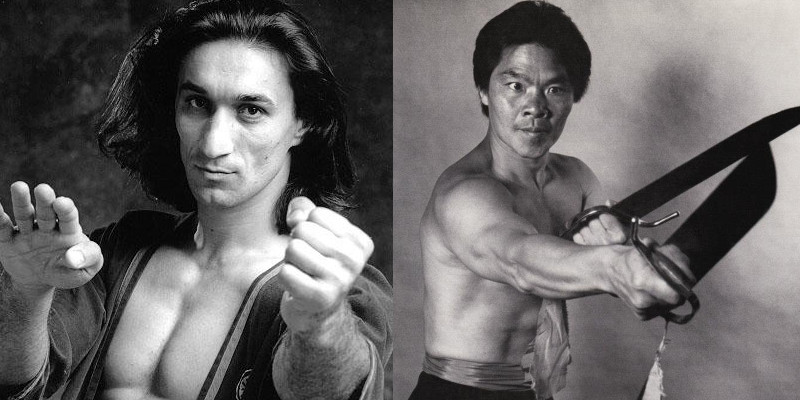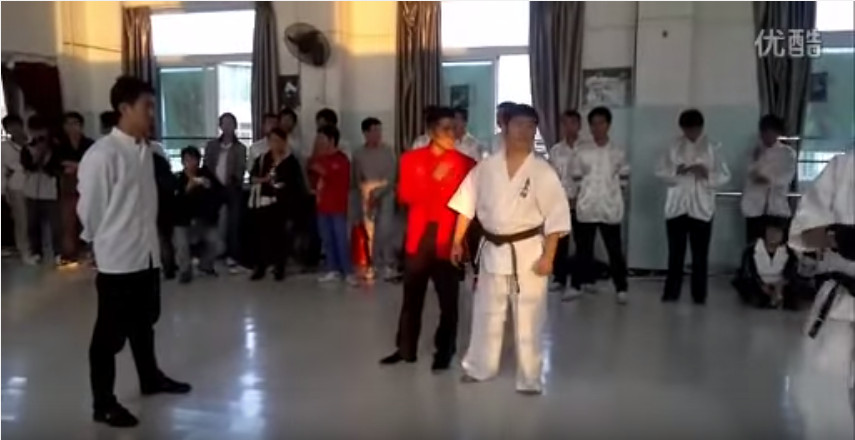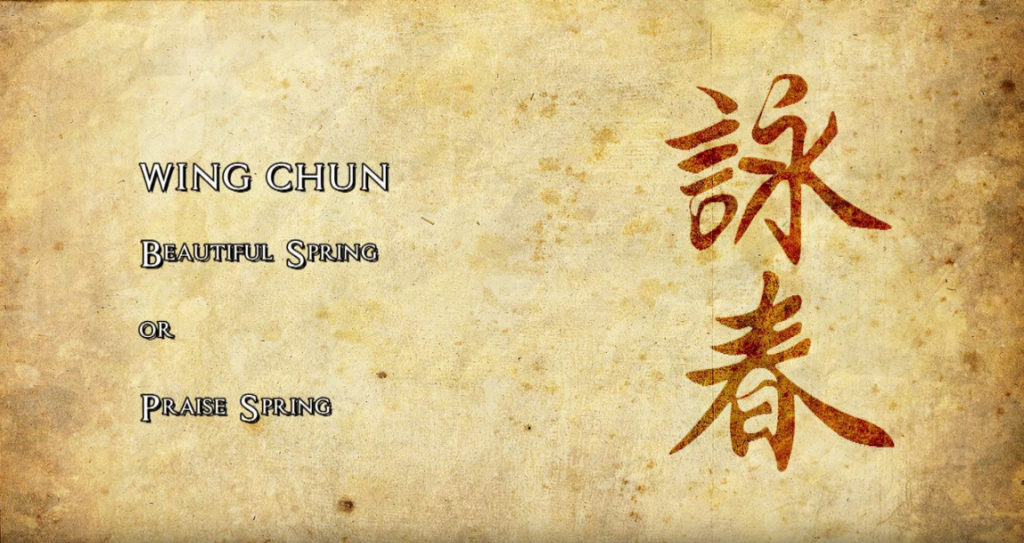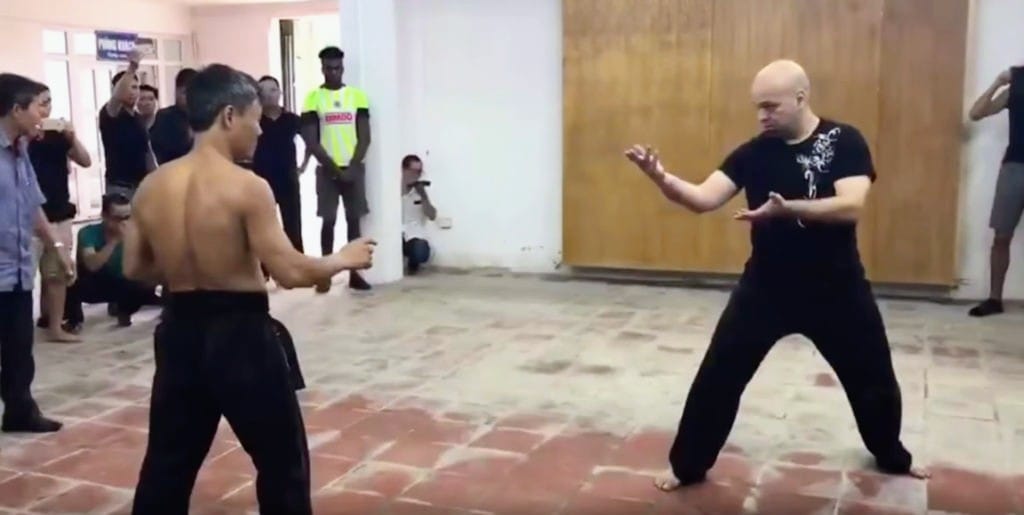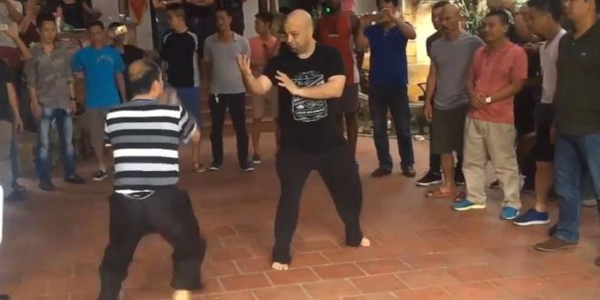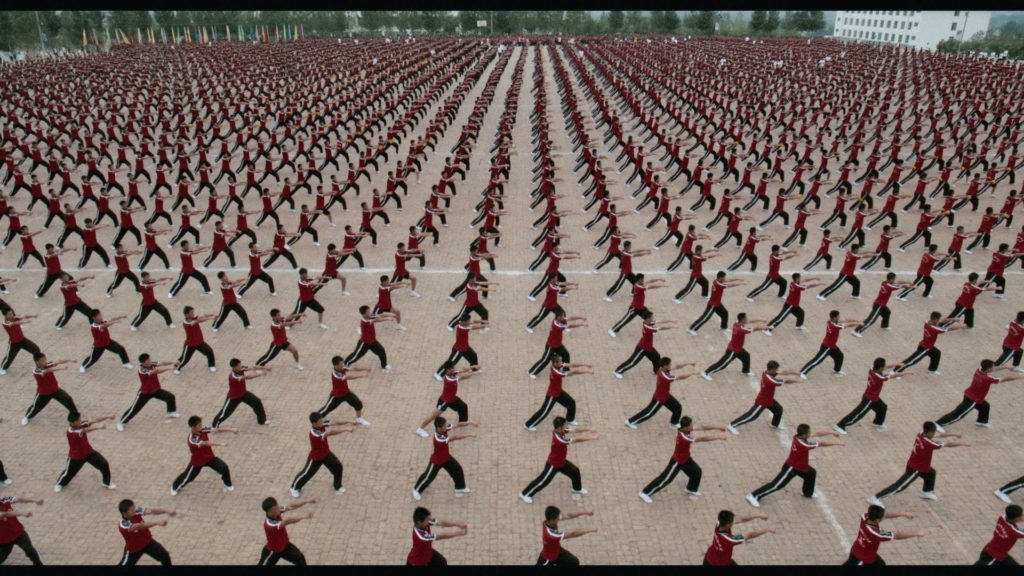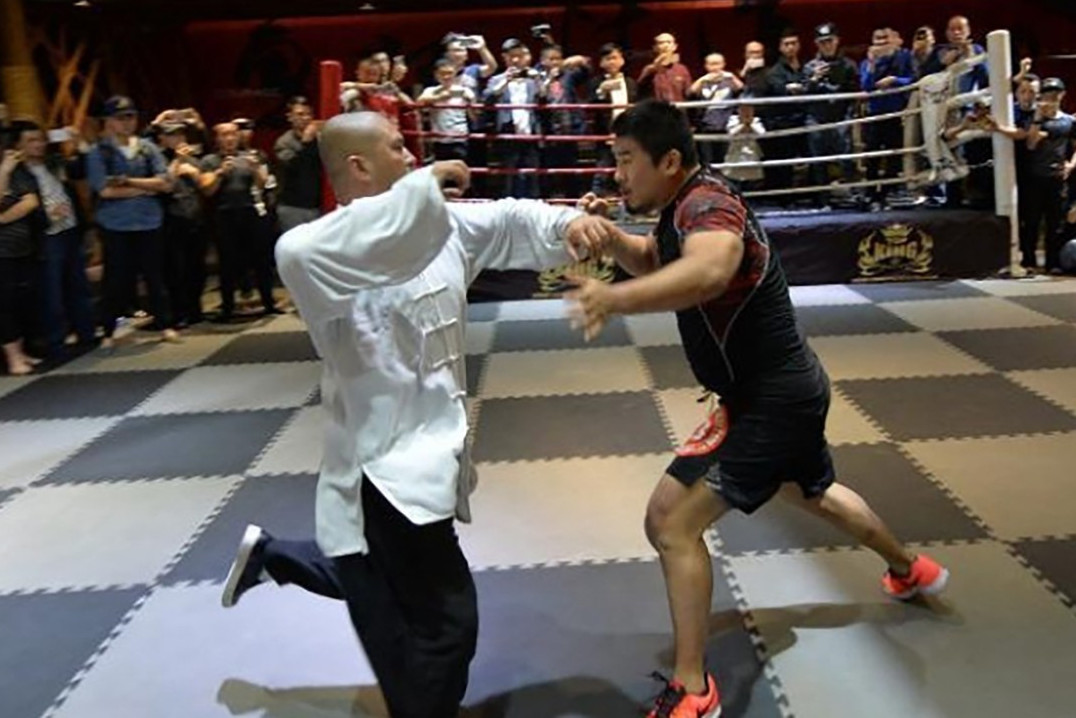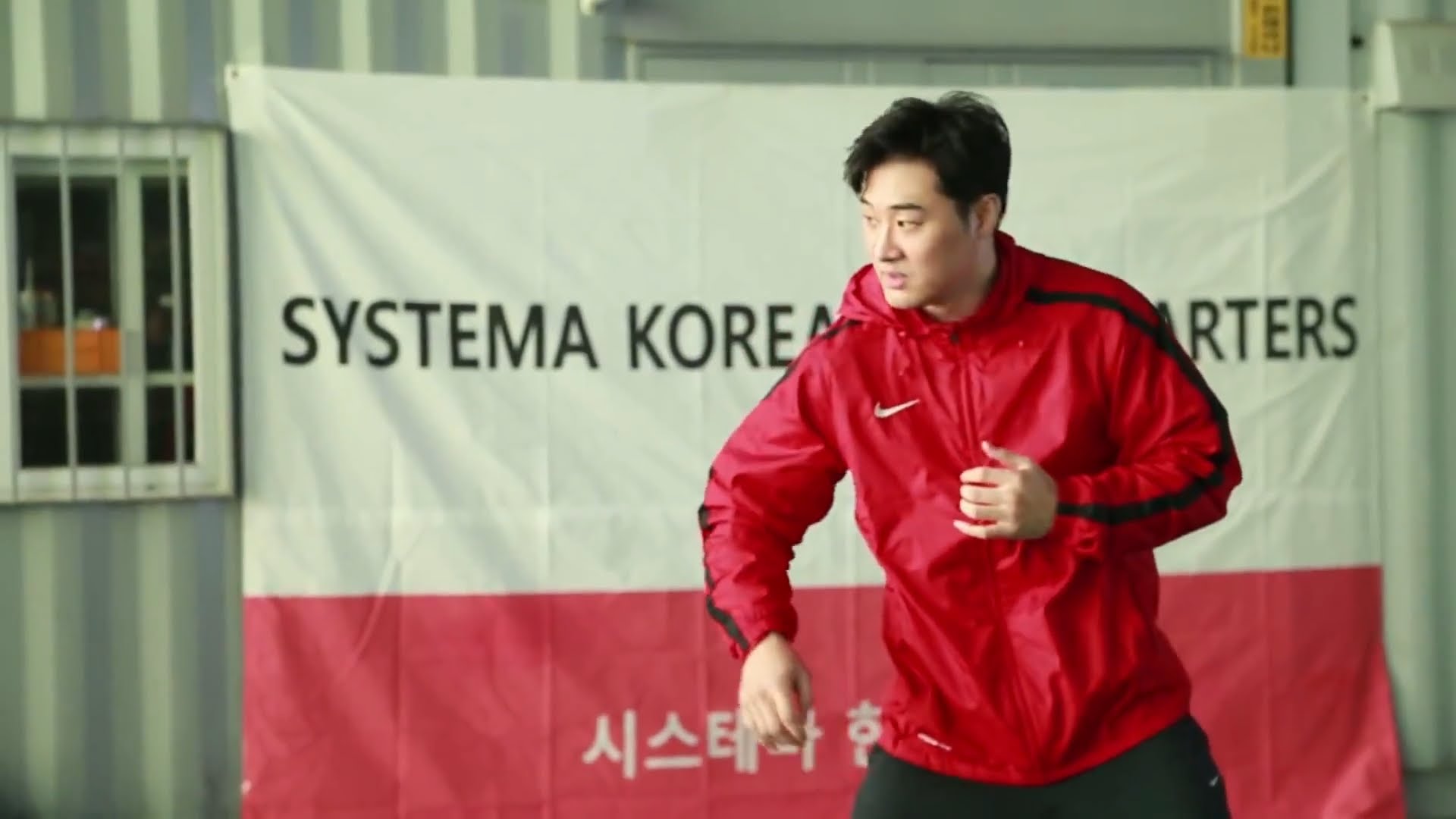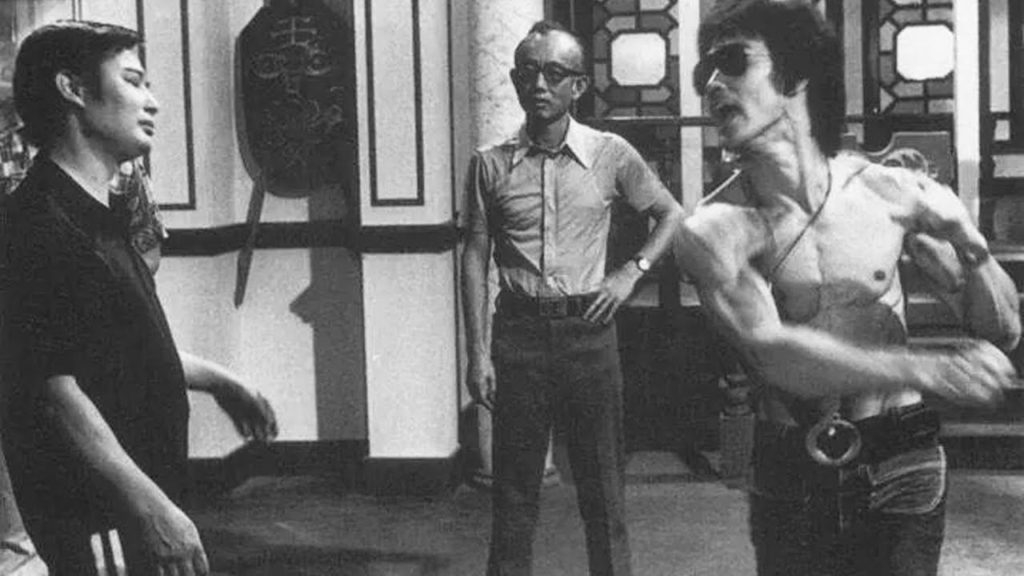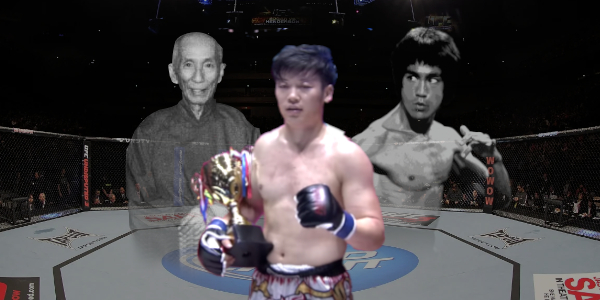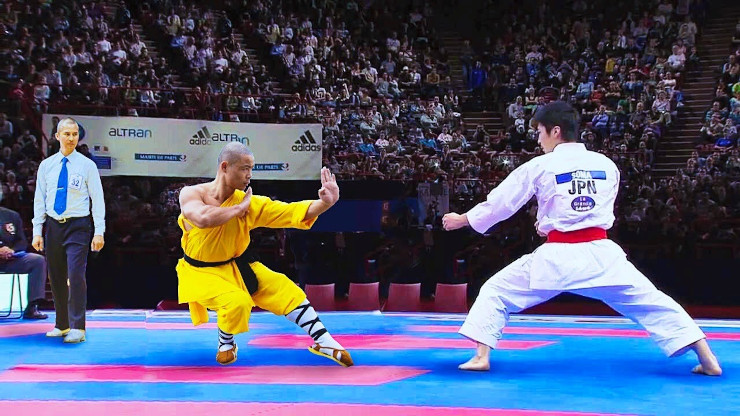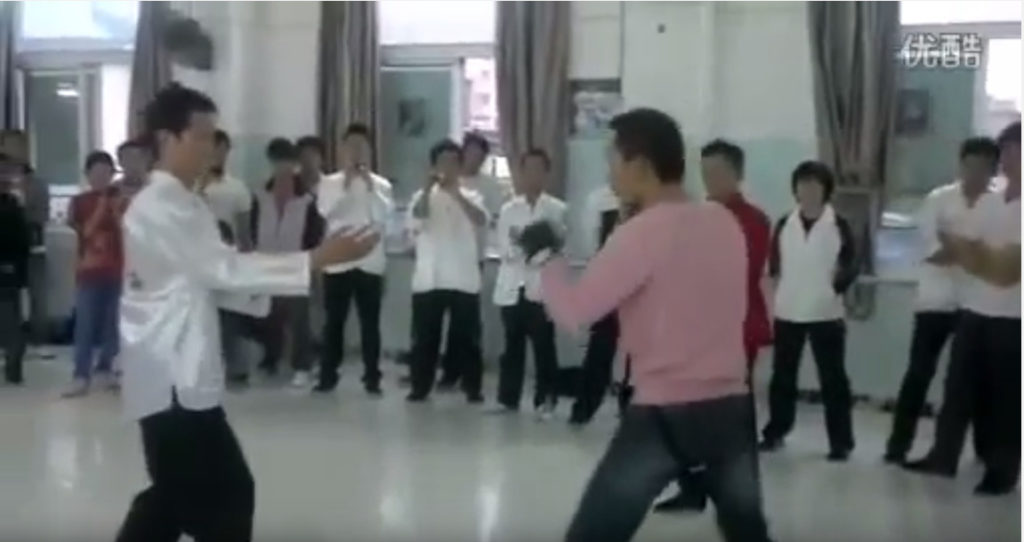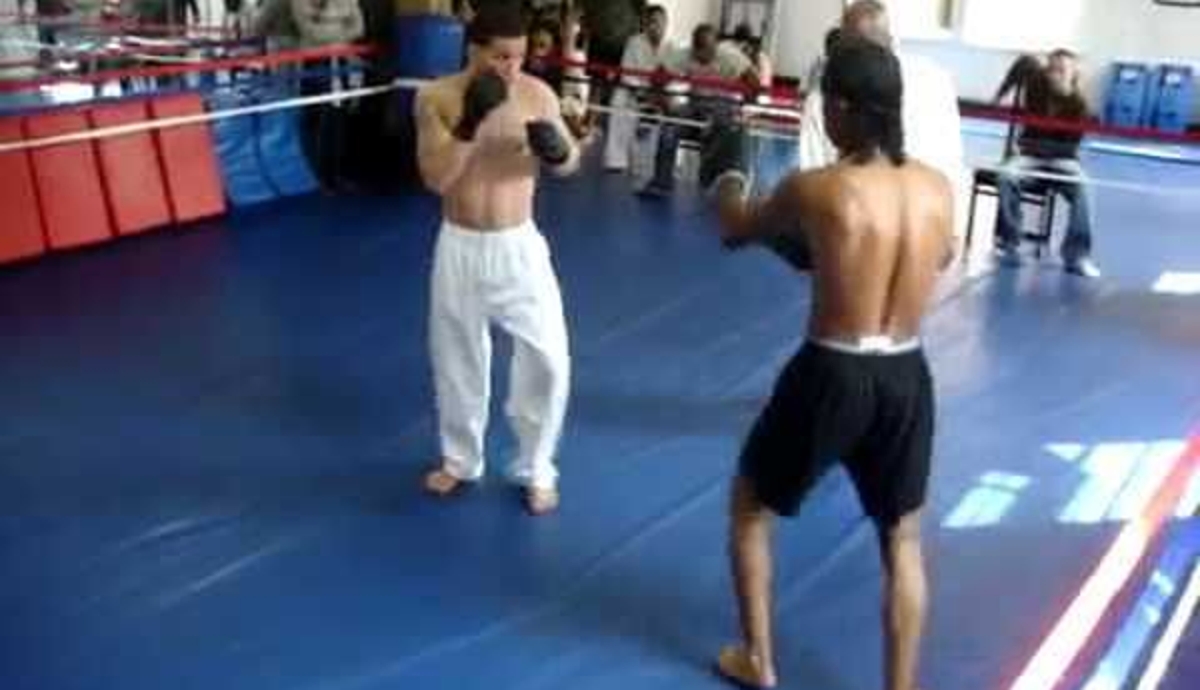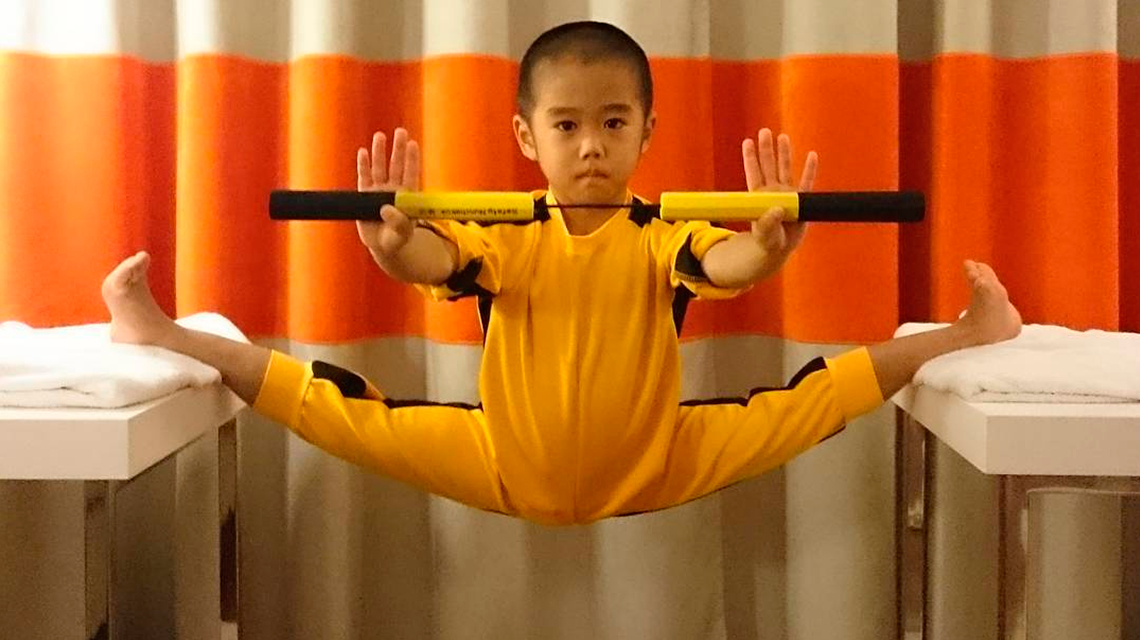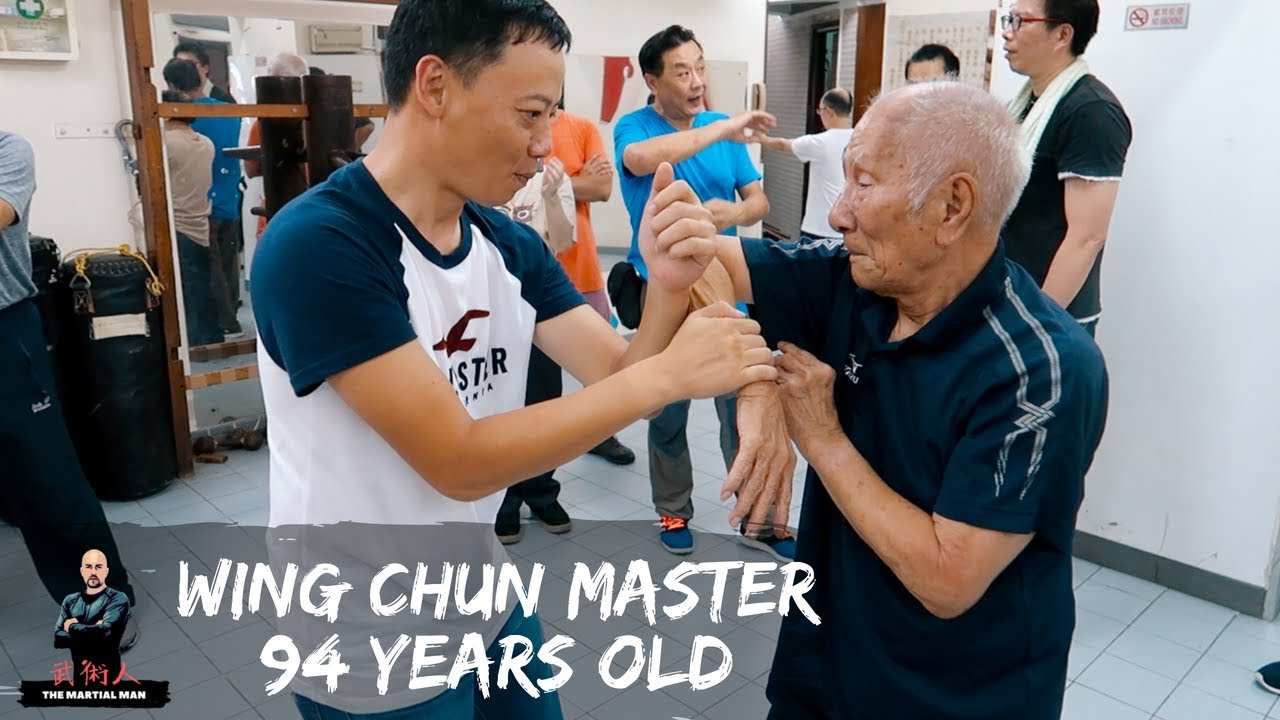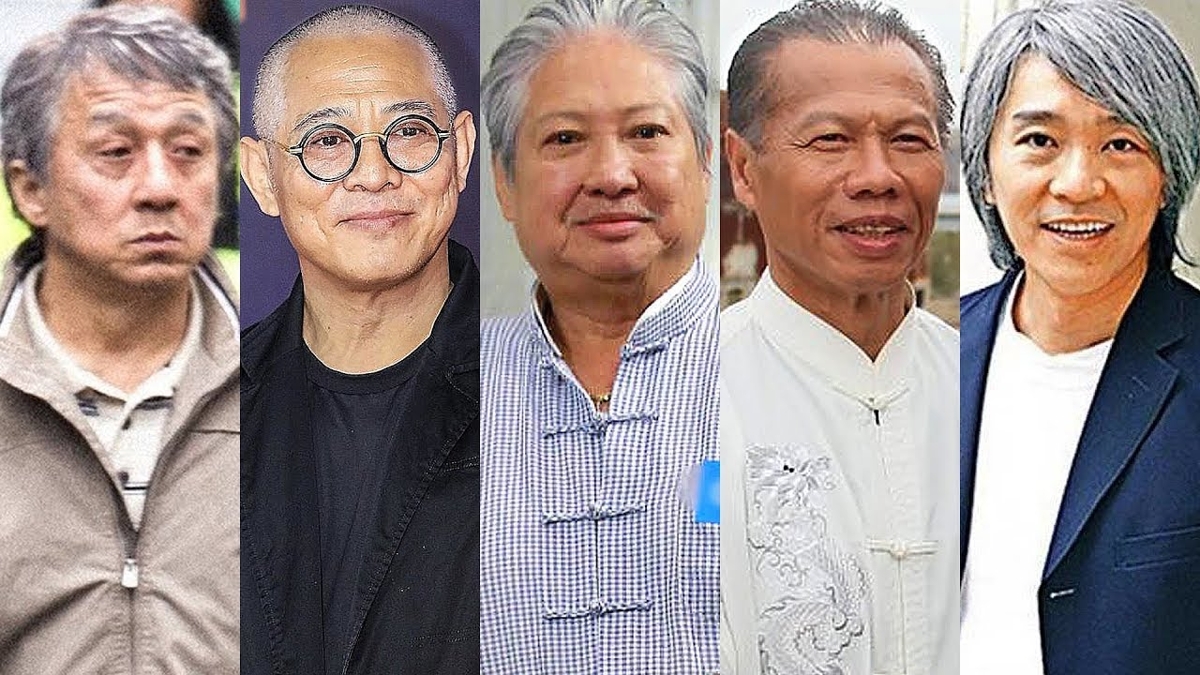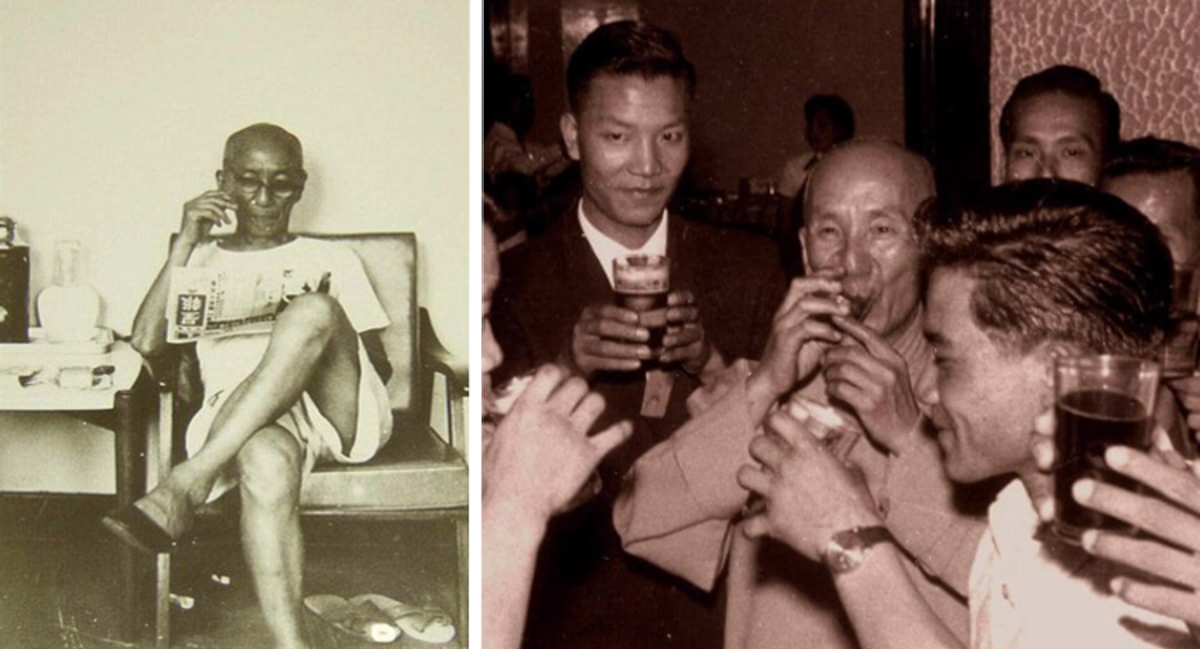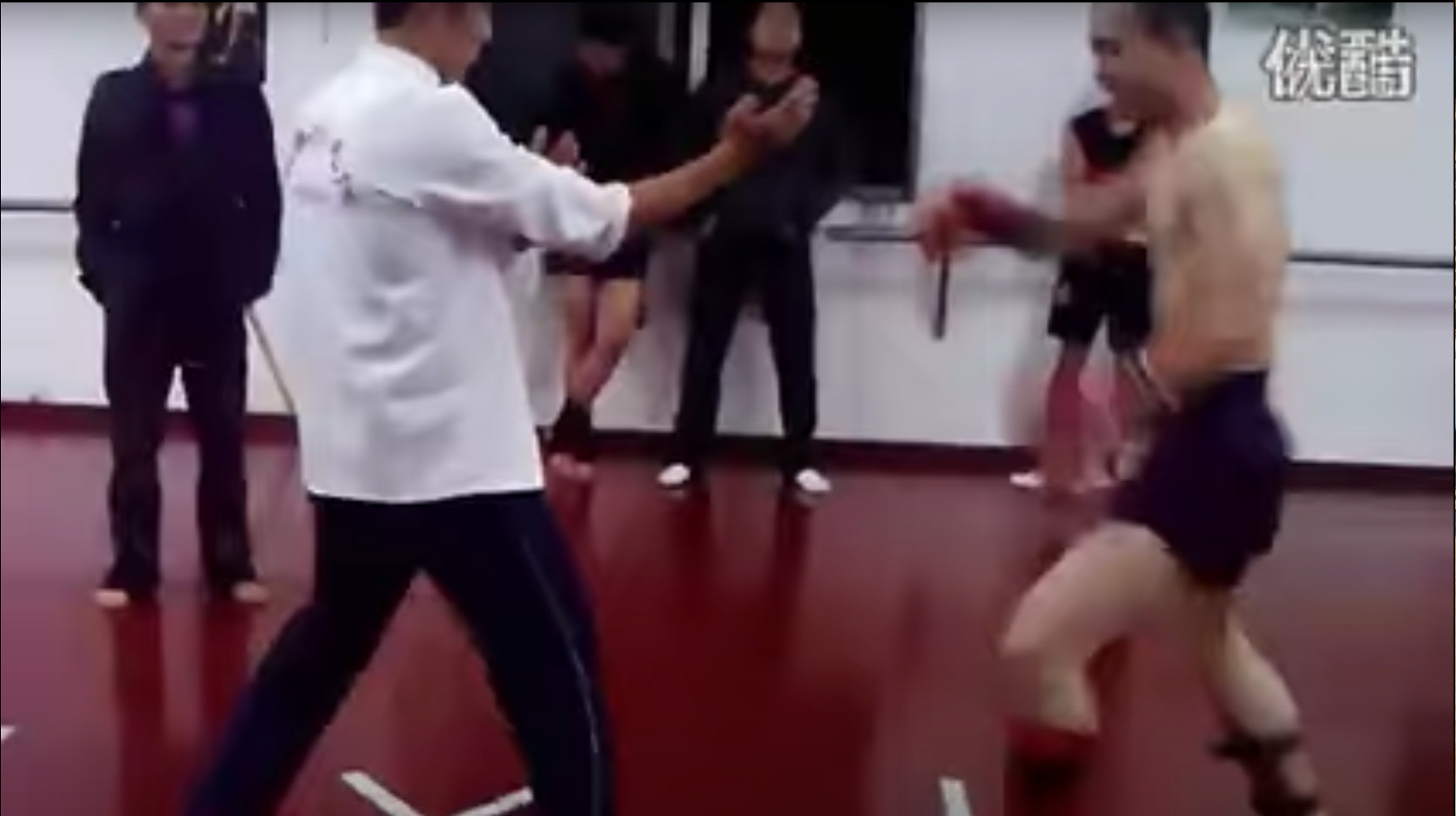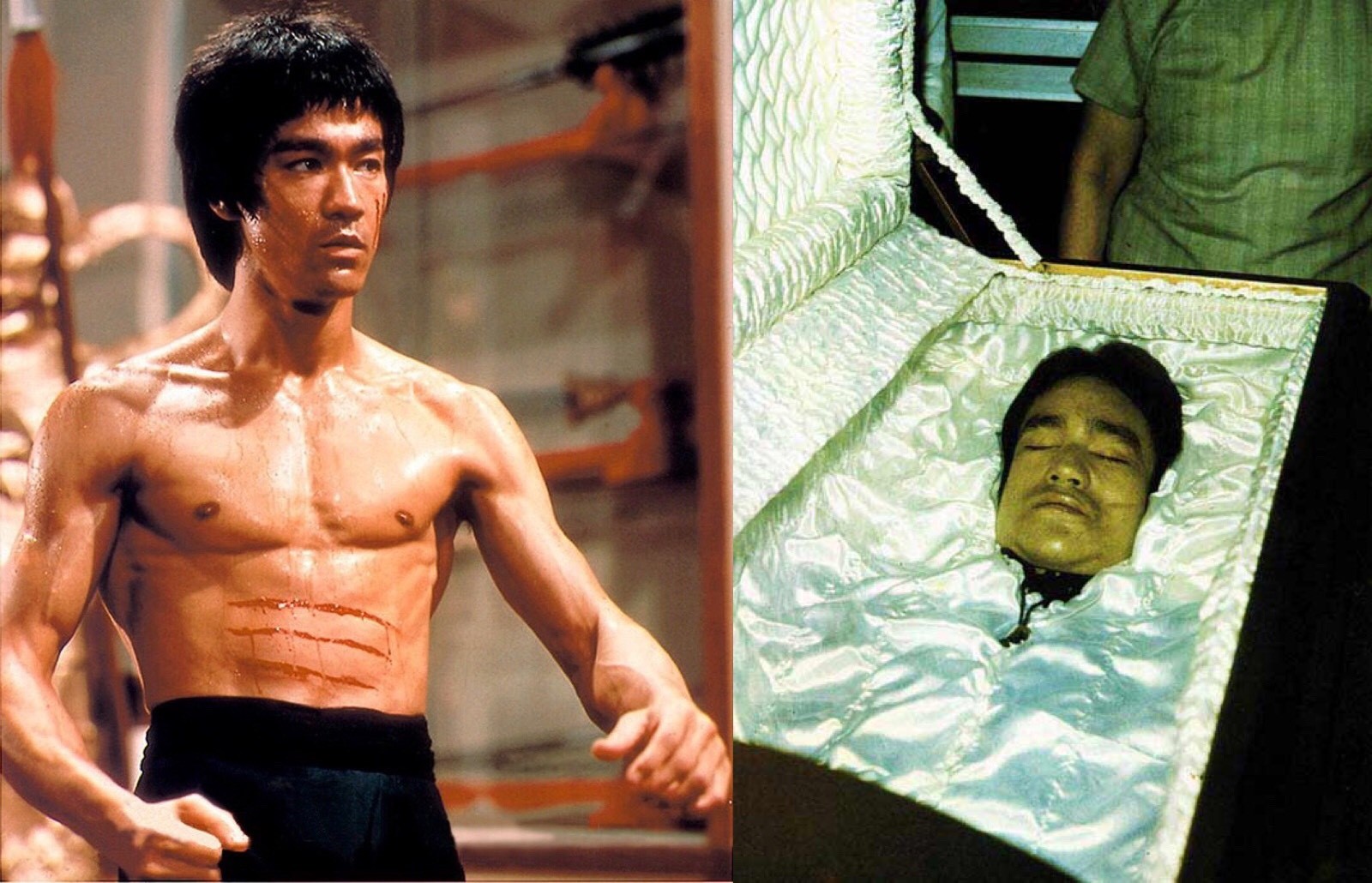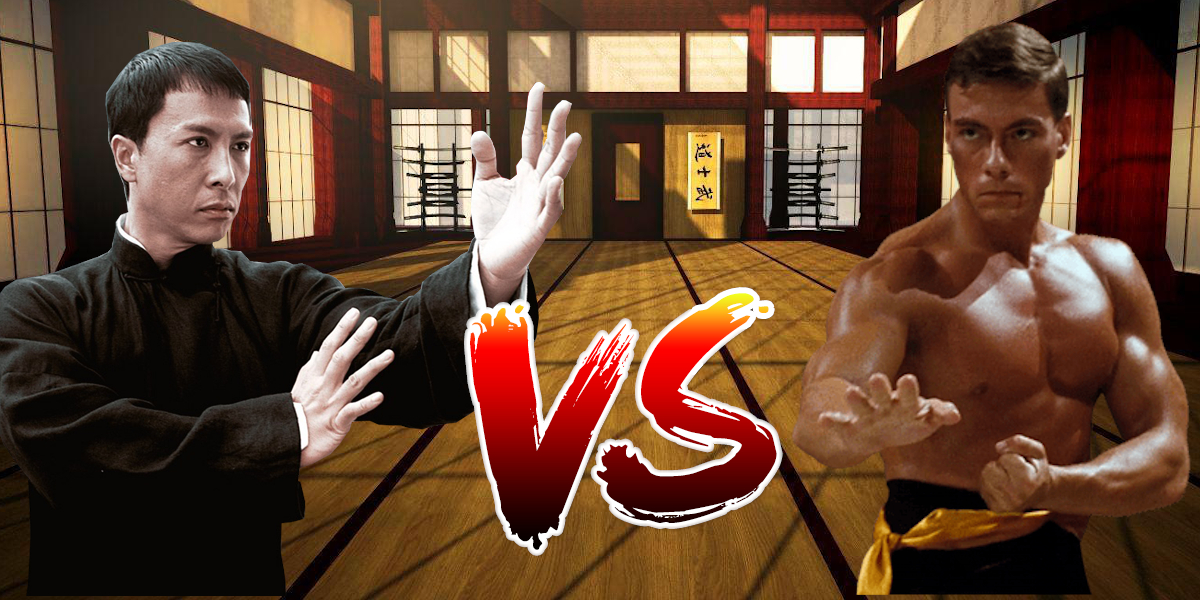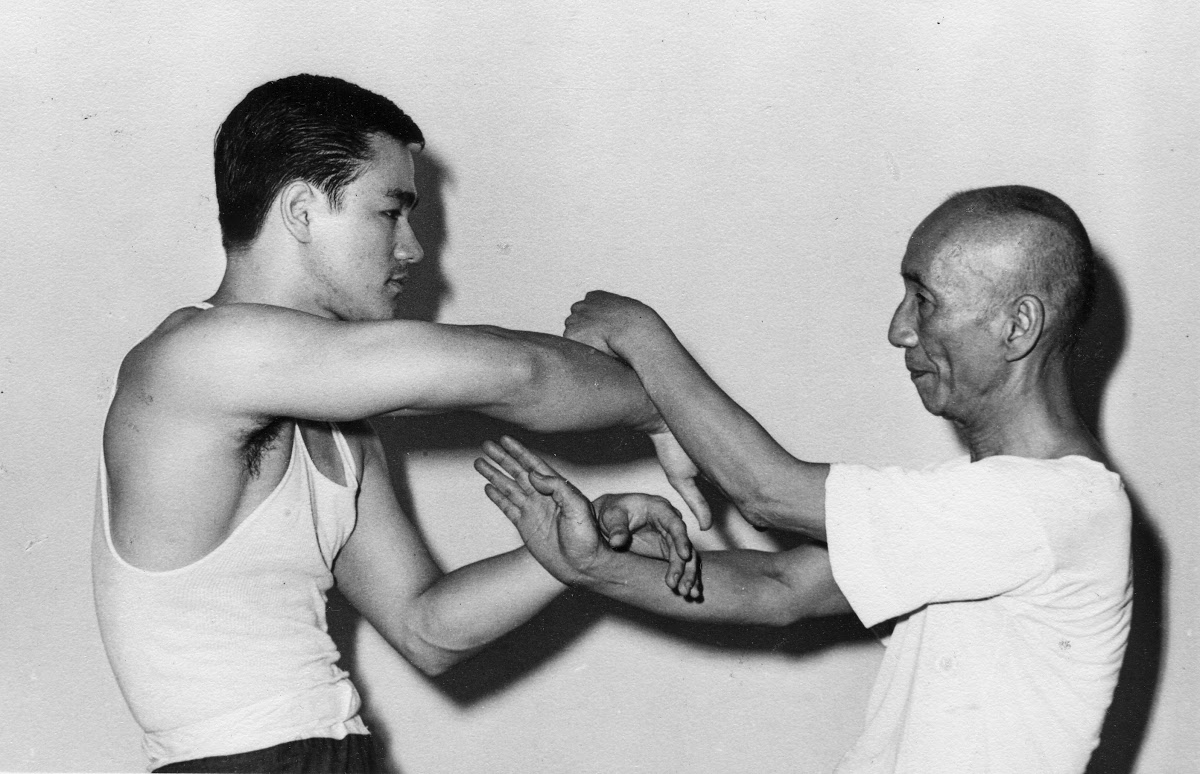The Mindset of a Wing Chun Practitioner: How Martial Arts Shape Mental Strength
Reading time: 4 minutes
Wing Chun is more than just a martial art; it is a philosophy, a mindset, and a way of approaching life with discipline, adaptability, and resilience. While its techniques are highly effective in self-defense, the true power of Wing Chun lies in how it transforms the minds of its practitioners. Let's explore how Wing Chun shapes mental strength and why this is just as important as physical skills.
1. Calm Under Pressure
One of the first things you learn in Wing Chun is how to stay relaxed under pressure. Whether it's during Chi Sao (sticky hands) training or a real-life confrontation, tension slows you down and makes you easier to defeat. The ability to remain calm, even when things don’t go as planned, is a skill that carries over into everyday life. Whether you’re facing a high-stress situation at work or a personal challenge, the Wing Chun mindset teaches you to respond with clarity rather than react with panic.
How to develop it:
- Practice slow, controlled breathing when under stress.
- Train regularly in high-pressure scenarios to build familiarity.
- Develop a meditation routine to enhance mental clarity.
2. Adaptability and Fluidity
Wing Chun is not about rigid techniques; it’s about adapting to your opponent and using efficiency in movement. The same principle applies to life—situations change, and those who are too rigid in their thinking often struggle. Training in Wing Chun develops a flexible mindset that helps you adjust to new challenges and unexpected circumstances with ease.

How to develop it:
- Engage in free-flowing drills like Chi Sao to improve adaptability.
- Stay open-minded and willing to modify techniques when necessary.
- Embrace challenges outside of martial arts to develop problem-solving skills.
3. Efficiency and Simplicity
In Wing Chun, unnecessary movements are eliminated, focusing only on what is effective. This teaches practitioners the value of efficiency, not just in combat but in daily life. Whether it’s making decisions, solving problems, or managing time, the ability to cut out distractions and focus on what truly matters is a skill that benefits all areas of life.
How to develop it:
- Train with minimal movement to maximize effectiveness.
- Apply the "less is more" principle in daily decision-making.
- Remove distractions that do not contribute to your goals.
4. Discipline and Patience
Progress in Wing Chun is not instant; it requires consistent practice and dedication. It takes time to master techniques, refine structure, and develop internal strength. This process teaches patience and discipline, two essential traits for success in any field. Those who train in Wing Chun learn the importance of long-term effort rather than seeking instant gratification.
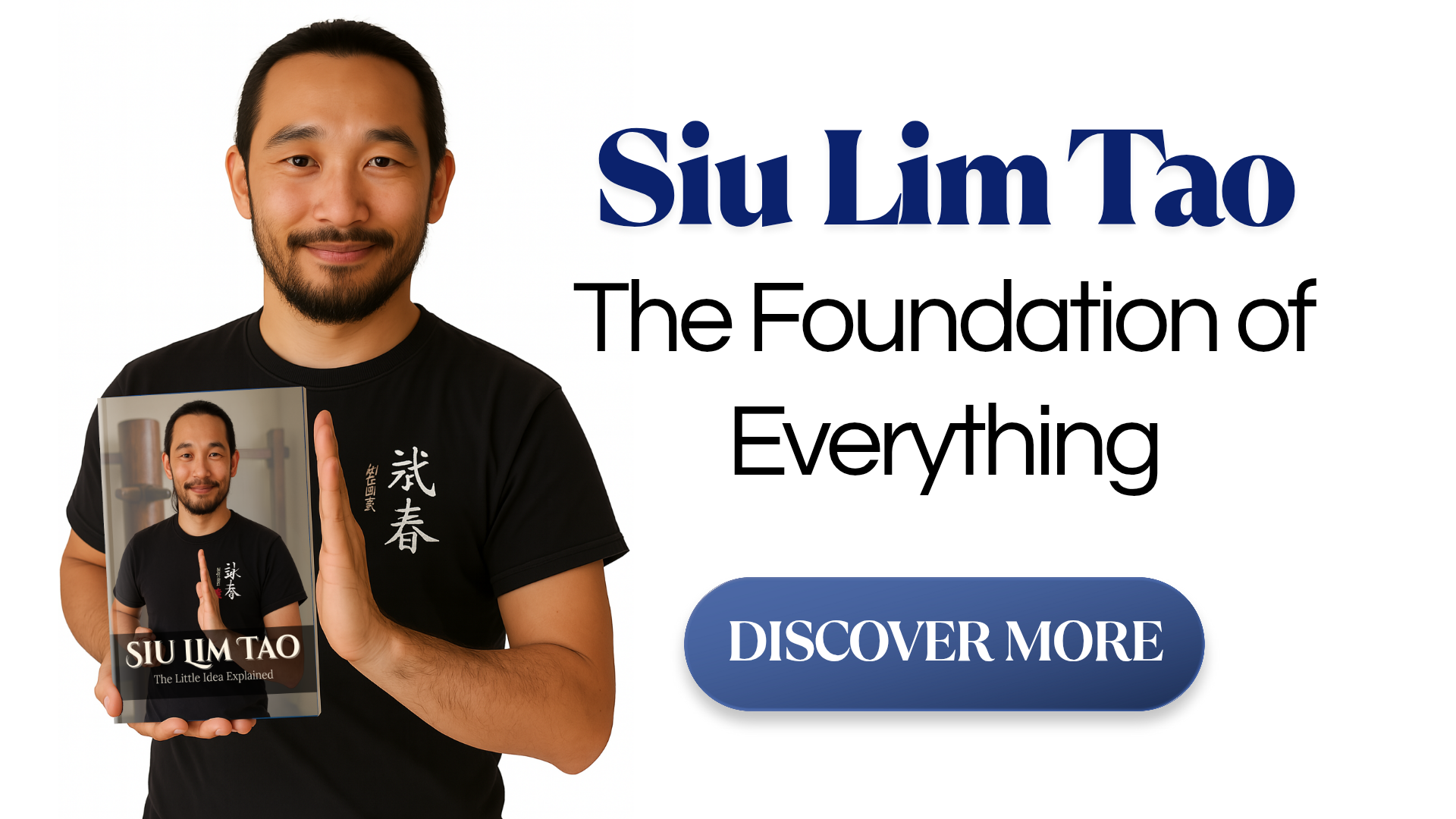
How to develop it:
- Set long-term training goals and track progress.
- Stay consistent in your practice, even on difficult days.
- Learn to enjoy the process rather than just the results.
5. Overcoming Fear and Self-Doubt
Many people struggle with fear—whether it’s fear of failure, confrontation, or stepping out of their comfort zone. Wing Chun training builds confidence by teaching you to face challenges directly. Every time you step into training, push past fatigue, or overcome a difficult exercise, you prove to yourself that you are stronger than your doubts. Over time, this mindset extends beyond martial arts, helping you approach life with courage.
How to develop it:
- Challenge yourself to face fears gradually in training and life.
- Build confidence through repetition and refinement of techniques.
- Remind yourself of past victories when doubt arises.
6. The Power of Awareness
Wing Chun emphasizes sensitivity, positioning, and awareness of one’s surroundings. In life, this translates to an increased ability to read situations, understand people, and make better decisions. The heightened awareness developed in training helps practitioners stay present and mindful in daily interactions.
How to develop it:
- Engage in blindfolded drills to enhance sensitivity.
- Practice mindfulness and observation in daily activities.
- Stay present and avoid distractions when interacting with others.
The true value of Wing Chun goes far beyond fighting—it shapes the mind, builds resilience, and develops a way of thinking that leads to success in all aspects of life. Whether you are on the training floor or facing life’s challenges, the principles of Wing Chun serve as a powerful guide for growth and strength.
If you want to dive deeper into the practical applications of Wing Chun, check out "Wing Chun: Practical Introduction to Self-Defense," available in 12 languages. You can get your digital copy at our store or order the paperback edition from Amazon. Start mastering Wing Chun today!
Thank you. Your comment will be approved shortly.
Comments
Thank you. Your comment will be approved shortly.
Thank you. Your comment will be approved shortly.
Thank you. Your comment will be approved shortly.
Thank you. Your comment will be approved shortly.
Thank you. Your comment will be approved shortly.




